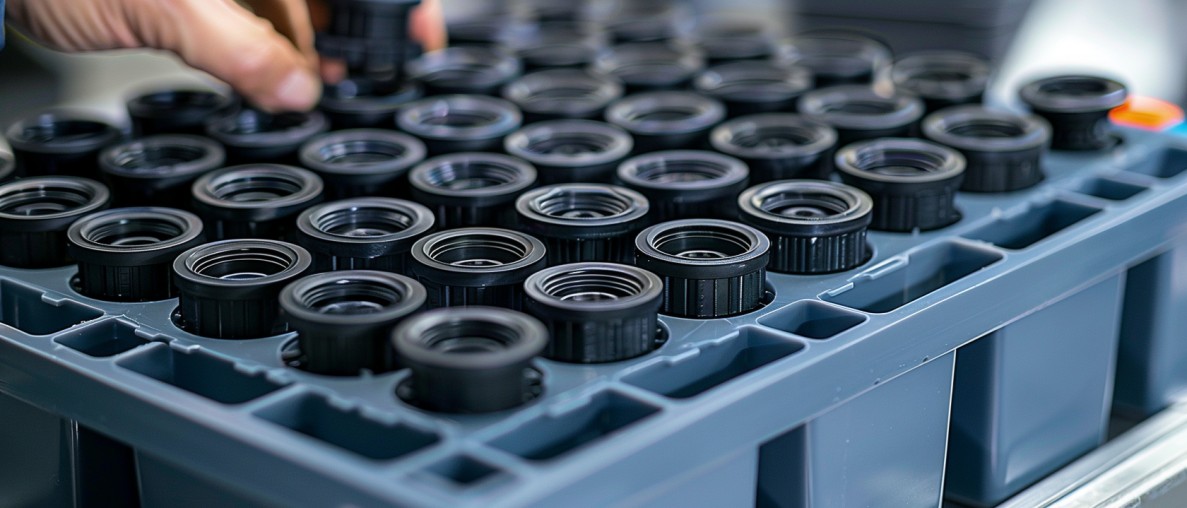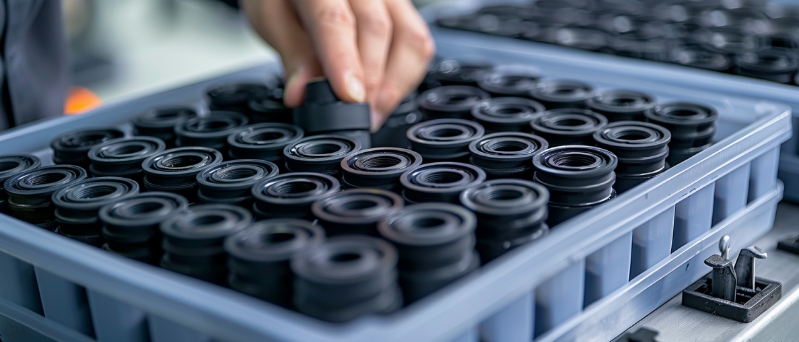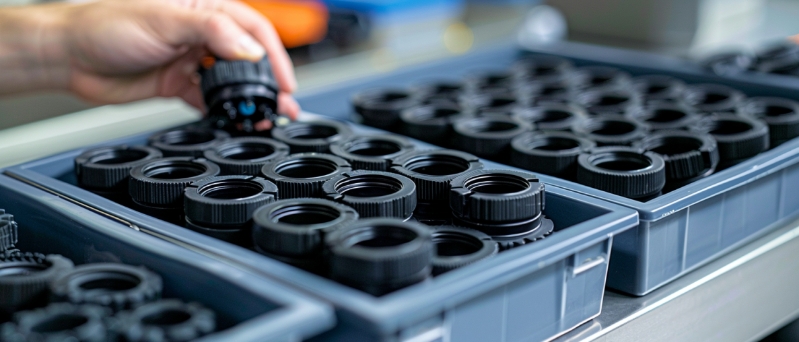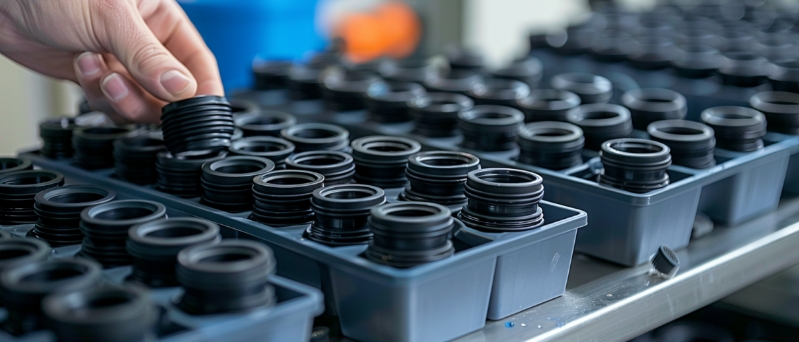
Vacuum Casting
Why Choose Us
We are manufacturer and inventor with years of expertise using inventive manufacturing methods. Being able to customize solutions to customer needs puts us ahead. We adjust our vacuum casting technique for prototypes with exact material qualities or small quantities for market testing. Our careful inspection and quality control guarantee that every product we make passes the highest requirements. Last but not least, our complete customer assistance covers design consultation to manufacturing for an easy transaction for all our customers.
Advantages of Vacuum Casting
Precision and Customizability
We can achieve ±0.3% accuracy with wall thicknesses as thin as 0.75 mm with vacuum casting. Working with elaborate patterns and geometries necessitates this precision. Our silicone molds produce precise pieces with configurable hardness, transparency, and surface textures.
Cost and Efficiency
We prioritize cost-efficiency for our customers. In small-batch production, vacuum casting is cheaper than traditional manufacturing methods, including injection molding. We can make 50 high-quality pieces per mold for prototypes and small runs without expensive tooling.
Speed to Market
Vacuum casting speeds up prototyping and iterations while accelerating the development cycle. For instance, mold fabrication and part manufacturing may be finished in days. This speed is essential for racing rivals to market and improving concepts with real-world testing and feedback.
Applications of Vacuum Casting
Medical Devices
Biocompatible materials are implemented for personalized prostheses and orthotics for patient comfort. Thanks to our precise casting, these devices fulfill exacting medical requirements.
Automotive Components
Shanentech manufactures clear headlamp covers, dashboard panels, and flexible seals. Our durable finish and material properties render these components automotive-ready.
Consumer Products
We can develop market-ready prototypes for ergonomic furniture and durable sports equipment. Our competence in duplicate material features assures client satisfaction with each prototype.

Types of Materials Used
- Flame-retardant resins
- Water-clear resins
- Flexible materials
- Rigid materials
- Foam resins
- Biocompatible materials
- Ceramic-filled resins
- Conductive materials
- Fiber-reinforced resins
- Glow-in-the-dark materials
- Thermally conductive materials
- Wax
- Polyurethane (PU)
- Silicone rubber
- Epoxy resin
- Polyester resin
- Acrylic resin
- ABS-like resins
- Polycarbonate-like resins
- Polypropylene-like resins
- Rubber-like materials
- Transparent resins
- High-impact resins
- High-temperature resins



